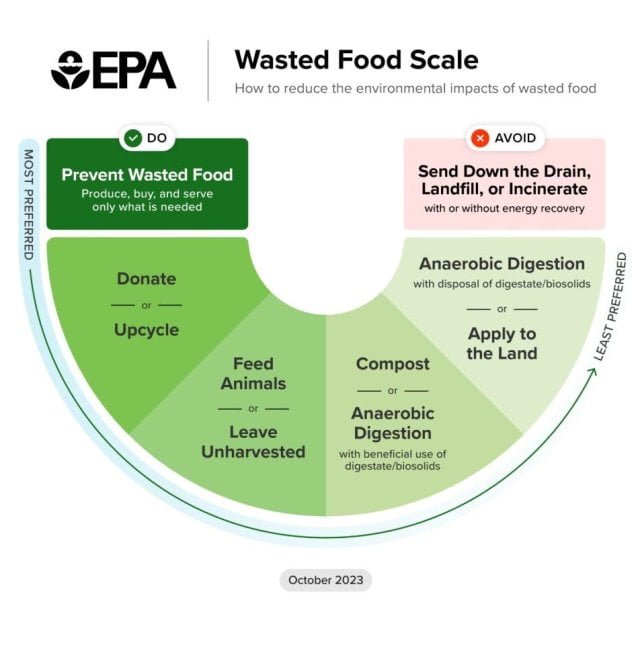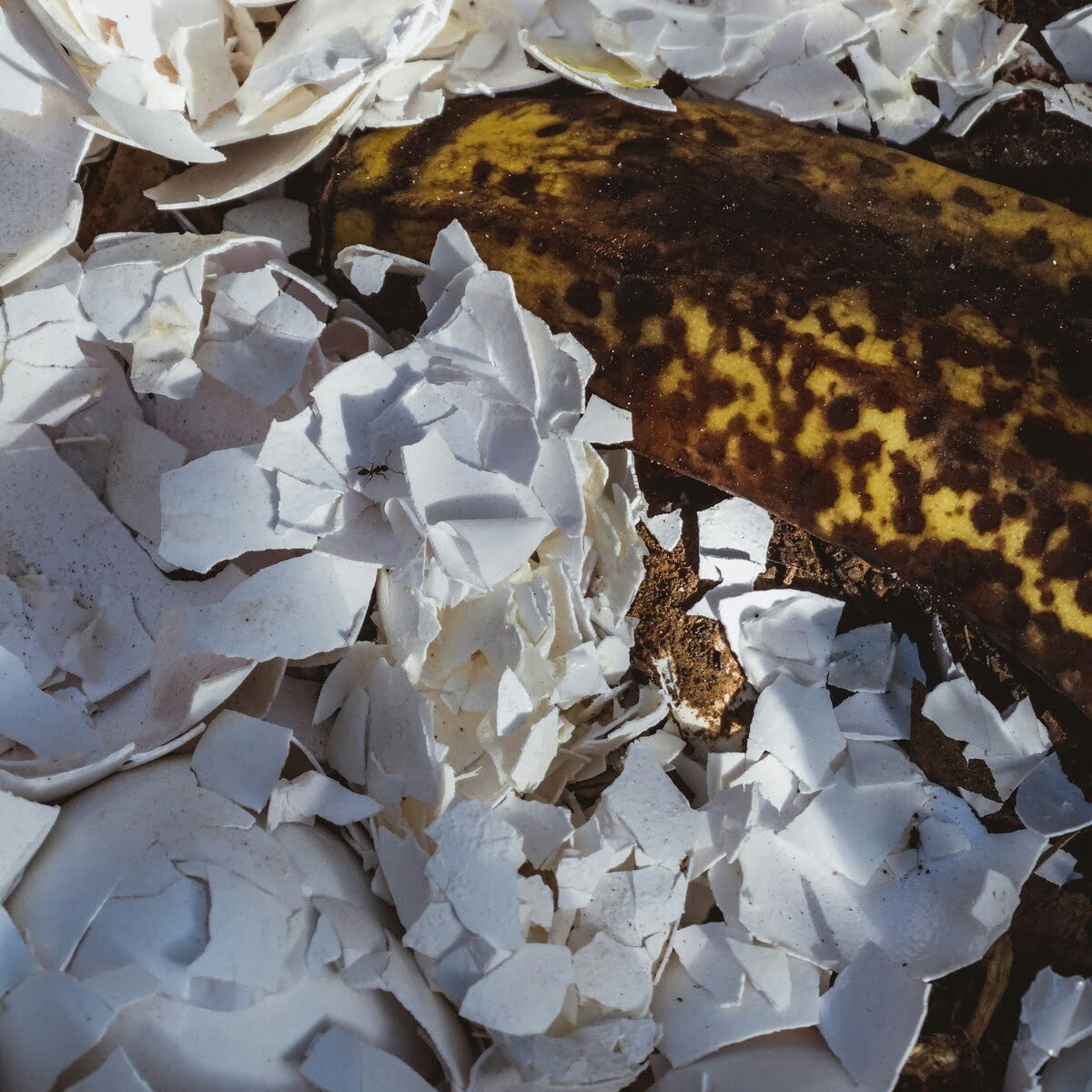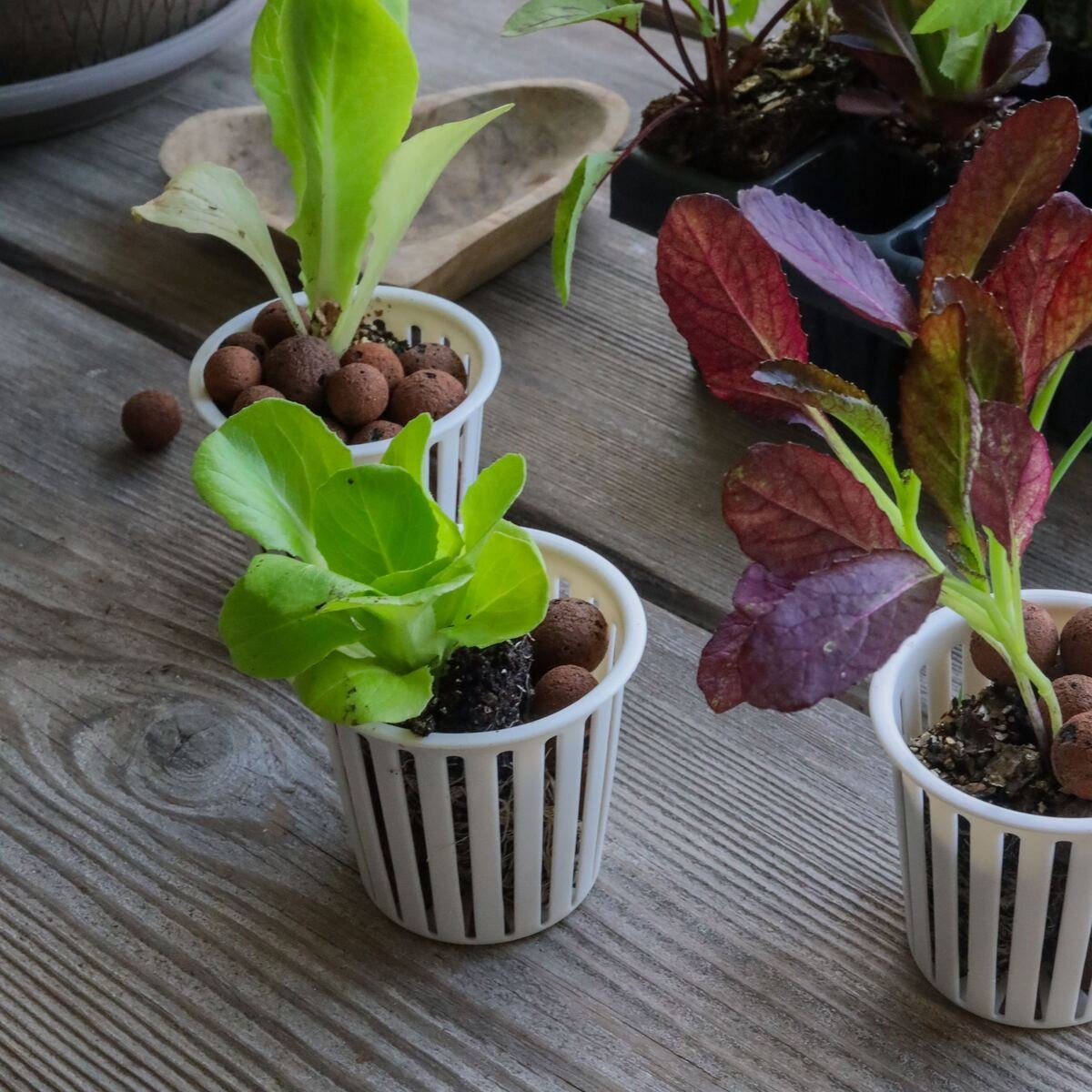Composting, especially food scrap composting, offers substantial benefits for both urban and rural households, emerging as a key practice in environmental sustainability and soil health. Through the biological decomposition of organic materials, composting transforms food waste into a valuable resource, enhancing waste management and soil enrichment.
Composting turns organic materials like food waste and lawn trimmings into compost, a nutrient-rich soil amendment that is similar in appearance to soil itself (1). This compost improves soil quality, supports plant growth, and builds resilience in ecosystems and communities. It is a fundamentally local process that aligns with sustainable living practices.
The process significantly reduces the amount of trash in landfills, cutting down on associated costs and carbon emissions (2). Notably, food scraps and yard waste currently make up 20 to 30 percent of what we throw away. When food waste decomposes anaerobically in landfills, it emits landfill gas, which is roughly 50 percent carbon dioxide and 50 percent methane, a potent greenhouse gas (3). By composting organic waste responsibly, these greenhouse gas emissions are mitigated.

Compost increases soil’s ability to retain moisture, helping to prevent erosion by reducing runoff (4). It also prevents and suppresses plant diseases and pests, contributing to healthier soil that reduces the need for fossil-fuel-dependent soil-maintenance products. Studies have shown that plants grow more rapidly in soil supplemented with compost, meaning they can pull more carbon dioxide out of the air (5).
For urban households, space constraints, odor concerns, and community restrictions are challenges that can be overcome with suitable composting methods (6). Compact methods like vermicomposting and bokashi composting are useful in urban settings with space limitations. Techniques like layering ‘browns’ with ‘greens’ help maintain an optimal carbon-to-nitrogen ratio, minimizing odors (7). In cases where outdoor composting is restricted, indoor methods like vermicomposting and bokashi are viable alternatives (8).
Rural households often have more space for composting, allowing for a variety of methods. Hot composting involves microorganisms breaking down organic wastes with oxygen, creating heat and speeding up the process. Cold composting is slower but low-maintenance (9). The no-turn compost method is simple and involves either throwing organic wastes into an open pile or bin and waiting for them to decompose, or burying wastes underground (10). Compost bins are common among home gardeners, containing organic wastes to retain heat and protect against weather and pests (11). Hot bins create conditions needed for quick composting with no turning required (12). The 3-bin composting system allows for multiple piles in different decomposition stages (13). Compost tumblers simplify the turning process, making it more efficient (14). Trench or pit composting involves burying organic wastes underground, either through the dig-and-drop method for small amounts or in rows for larger quantities (15).
In summary, food scrap composting, with its considerable environmental benefits, is adaptable to various urban and rural living situations. Its implementation can significantly contribute to waste reduction, soil health improvement, and greenhouse gas mitigation.
Sources:
- The Incredible Benefits of Composting – University of Michigan School of Public Health
- USDA – Composting
- StopWaste – Food Scrap Composting
- The Incredible Benefits of Composting – University of Michigan School of Public Health
- US EPA – Composting
- Urban Composting Techniques – Permacultured Life
- Urban Composting Techniques – Permacultured Life
- Urban Composting Techniques – Permacultured Life
- Types of Composting – HelpMeCompost.com
- Types of Composting – HelpMeCompost.com
- Types of Composting – HelpMeCompost.com
- Types of Composting – HelpMeCompost.com
- Types of Composting – HelpMeCompost.com
- Types of Composting – HelpMeCompost.com
- Types of Composting – HelpMeCompost.com




